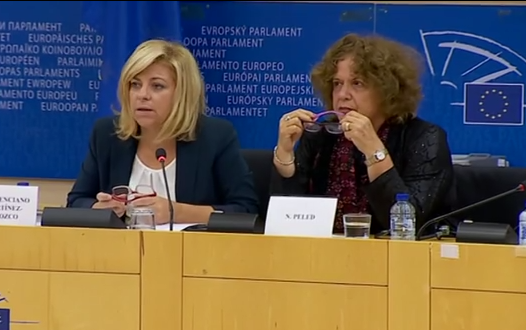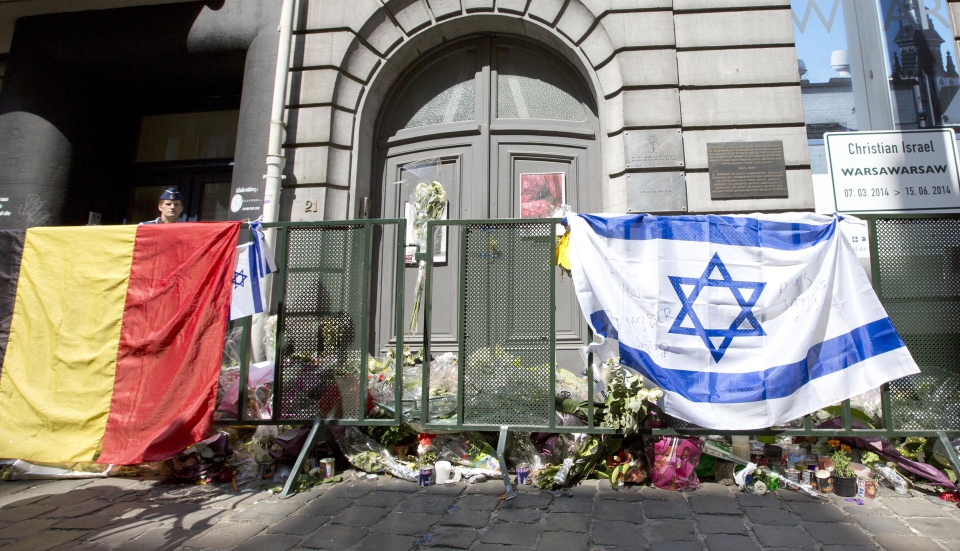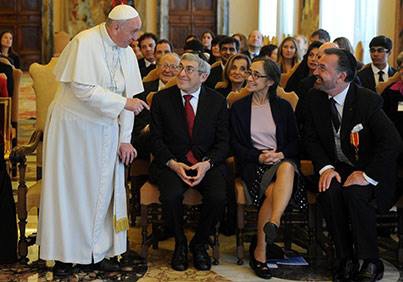Analysis
The Zionism = Racism Lie Isn’t Over
The Zionism = Racism Lie Isn’t Over
December 16, 2021
Aaron Jacob
Thirty years ago, on December 16, 1991, the UN General Assembly revoked its infamous resolution 3379, which had equated Zionism with racism. It was a great victory for the State of Israel, comparable to the 1947 UN partition resolution and the admission of Israel to the world body in 1949.
Resolution 3379 was adopted, by 72 in favor to 35 against, with 32 abstentions, in November 1975, a volatile moment in Middle East history. Two years earlier, Israel had emerged victorious from the Yom Kippur War, but at a heavy human cost. Following that war, Egypt, the most populous Arab country, renounced its traditional strategic alliance with the Soviet Union, prompting the latter to intensify efforts to woo the Arab world. During the 1973 war and the ensuing months, Arab oil-producing countries imposed an oil embargo against the United States and other Western nations in retaliation for their support of Israel.
These political realities were reflected in the UN as well. In 1974, PLO chairman Yasser Arafat was invited to speak before the General Assembly, where he famously declared, “I have come bearing an olive branch and freedom fighter’s gun,” purporting to promote both armed struggle and peace at the same time. A year later, the General Assembly established the Committee on the Exercise of the Inalienable Rights of the Palestinian People, a permanent body of member states dedicated to advancing the Palestinian cause against Israel.
However, resolution 3379 went further than any other anti-Israel initiative. “Determining” that “Zionism is a form of racism and racial discrimination,” it was the worst resolution ever adopted by the UN regarding Israel. Previous UN resolutions had stated that racism should be eliminated. If Zionism is a form of racism, then Zionism, and the state it created, Israel, must be eradicated, too.
Conditions conducive to the revocation of the Zionism equals racism resolution finally emerged in 1991. The Soviet Union, which had played a key role in the adoption of resolution 3379, was on the verge of disintegration. The defeat of Iraq in the first Gulf war had weakened not only the Bagdad regime but the radical anti-Western bloc in the Arab world. Importantly, the October 1991 Madrid Peace Conference had opened new horizons for a peaceful resolution of the Arab-Israeli conflict.
The Israeli government, preparing its strategy to get the UN General Assembly to rescind resolution 3379, recognized that a long resolution reaffirming the Zionist idea could elicit Arab amendments that would distort the meaning of the Israeli draft. It therefore opted for a very short text, which only stated: “[The General Assembly] Decides to revoke the determination contained in its resolution 3379 of 10 November 1975.”
Some UN diplomats expressed doubts that such a short resolution, which did not even mention Zionism, would suffice. However, the fierce opposition of the PLO and its allies to the short text made clear that Israel had chosen the right formula. The rescinding resolution was adopted by 111 to 25, with 13 abstentions. Fifteen countries, including Egypt, Morocco, and several other moderate Arab countries, chose not to participate.
By revoking resolution 3379, the UN determined that Zionism is not a form of racism, a determination it has not made regarding any other national movement. Clearly, this has been a setback for those seeking to use the UN as a platform to advance their extreme anti-Israel agenda. Will they learn from this experience and act differently in the future?
Sadly, Israel’s adversaries have not relented. Last May, following the hostilities between Israel and Hamas, the UN Human Rights Council established a Commission of Inquiry responsible for investigating “systematic discrimination and repression based on national, ethnic, racial or religious identity” in the Palestinian areas and inside Israel, language previously used to allege that Israel is guilty of apartheid policies. Evidently, the term apartheid is meant to reintroduce the Zionism-racism equation under a different heading.
In 1948, the same year the term apartheid was first used to denote legal separation of the races in South Africa, Israel issued its Declaration of Independence. To the Arab inhabitants of Israel, this Declaration promised “full and equal citizenship and due representation in its provisional or permanent institutions.” Consistent with these principles, Israel has maintained a democratic political system based on majority rule. Israel’s Arab citizens participate fully and actively in this system and are represented in the Knesset. Indeed, an Arab political party is a member of the current governing coalition. The relationship between majority and minority is never simple, and Israel is no exception, all the more so because of the ongoing Israeli-Palestinian conflict. Yet despite the difficulties, Israel has achieved a remarkable degree of coexistence between the Jewish and Arab communities, flying in the face of the allegations that Israel is conducting “apartheid policies.”








